

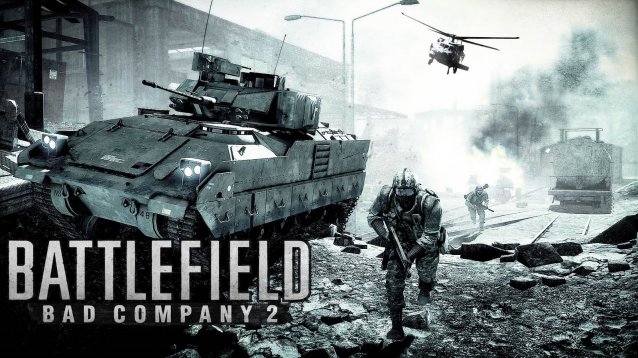
On Nov. 22, DICE Executive Producer Patrick Bach announced that the Bad Company series fell to the wayside because of its humor.
"But it is true that for some reason if you want to make a game for the masses, you need to be more neutral when it comes to things like humour,” Bach told OXM, “because humour is very personal.”
Bach’s words paint a scary picture of the corporate culture at DICE and EA; the picture being that things like humor and personality are not allowed in their games. Not only is this endemic of the blandness that governs EA’s properties, it also points out that, if Bad Company 3 happens, it won’t have any of the humor that distinguished it from other shooters.
“Some people love it, some people hate it,” Bach says about humor. He further reasons that some people don’t like humor in their shooters, preferring the straight-faced presentation of the mainline Battlefield franchise. But, guess what, Bach: some people don’t like shooters, either. If you’re going to follow this logic, why even make games at all?
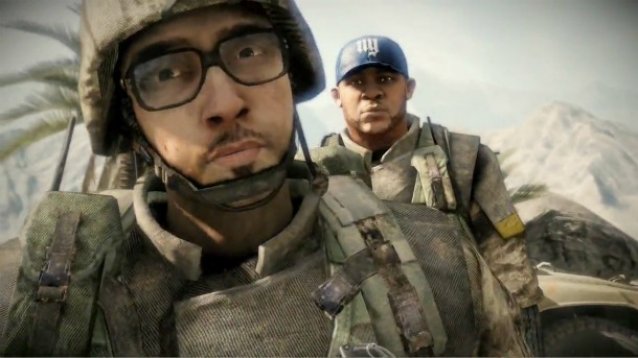
Some people love games, some people hate games. Are you going to become a linen-manufacturer to appease the people who don’t like games? Of course not. Some people won’t like what you’re selling, no matter what you sell. But on the flip side, there are also different people who will. In this case, millions of gamers who bought Bad Company 2 and enjoyed it currently have an unfulfilled desire for humor and personality that the main series sorely lacks.
It takes a ridiculous amount of ignorance to think that humor doesn’t sell; Saints Row IV, The Hangover, and Grand Theft Auto V are works that sold gangbusters based on their humor. Comedy makes millions of dollars if it’s done well enough to appease an audience. And I think Creative Director Lars Gustavsson knows this. He has said before he wants the Bad Company series to continue.
But EA owns DICE. And judging by this interview with Bach, EA has a stranglehold on the studio. It took five years for Mirror’s Edge to come back, and a series that DICE wants to do might not return because the boss perceives a lack of sell value. Ridiculous considering Bad Company 2 sold over nine million units to date.
If Bad Company does come back, don’t expect it to retain the humor of the first two entries. The first Bad Company was a lighter, T-rated affair than the M-rated sequel. And I expect a possible Bad Company 3 to drop the humor completely and cynically prey on the wishes fans of the first two have for a satisfying finish while simultaneously advertising a “serious” tone to everybody else.
Whereas those games’ stories were defined by characters who each had their own distinct quirks, Battlefield 3 plays its masculine war fantasies with no personality or charm. I haven’t played BF 4 yet, but reviews claim that game goes down the same dull route. If these serious stories were actually “mature” instead of masculine power fantasies with bad writing, then I’d be fine with the tonal shift. But they’re not.

However, they both sold a ton. And EA, maybe the most shortsighted company in the industry, probably won’t have the foresight to see that not diversifying its offers will harm itself in the long run. There’s a time when every trend falls to the wayside. Look at motion control; ubiquitous in 2010, irrelevant in 2013. The World War II shooter’s defunctness comes from the genre’s oversaturation in the early 2000s. The same will go for the serious modern warfare shooter.
That slide into irrelevance could be mitigated by a more diverse offering of shooters, though. If I wasn’t getting the same glut of similar-minded shooters every year, but instead got a healthy mix, I might be more excited for the aforementioned seriousness. That’s why games like Far Cry 3: Blood Dragon and Call of Juarez: Gunslinger are breaths of fresh air that I cling to; there aren’t enough of them.
According to Bach, personality is a dangerous proposition because it’s not a guaranteed sell. To me, that sentiment is everything that is wrong with AAA gaming and with EA in general. Dead Space and Mass Effect both changed dramatically from their beginning incarnations, losing some of their personality in the process and becoming third-person shooter instead of space horror and space opera, respectively.
Ignorance of the market and fear of personality are governing DICE’s direction right now. That bodes ominously not just for the future of the studio, but for their future games. It makes me wonder: what the hell will the Mirror’s Edge reboot be? Conversely to Bach’s statements, a lack of personality makes me wonder why I should even care.
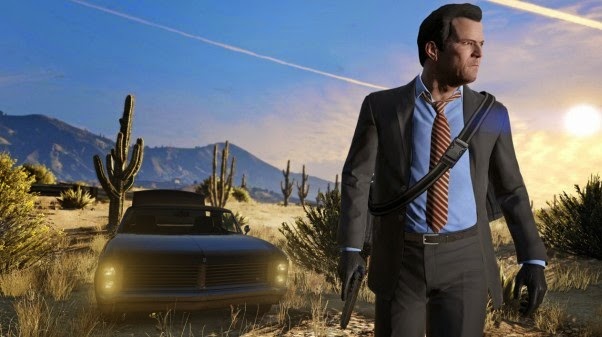

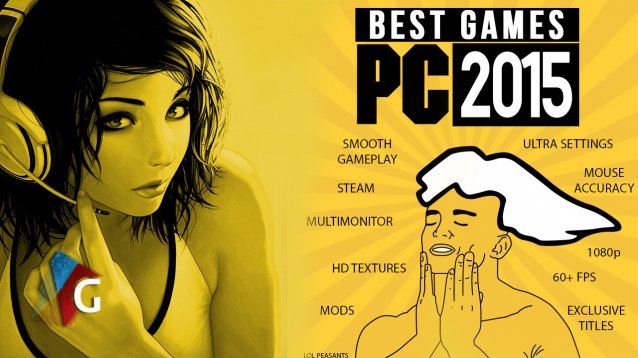

 Halo 3 Guide
Halo 3 Guide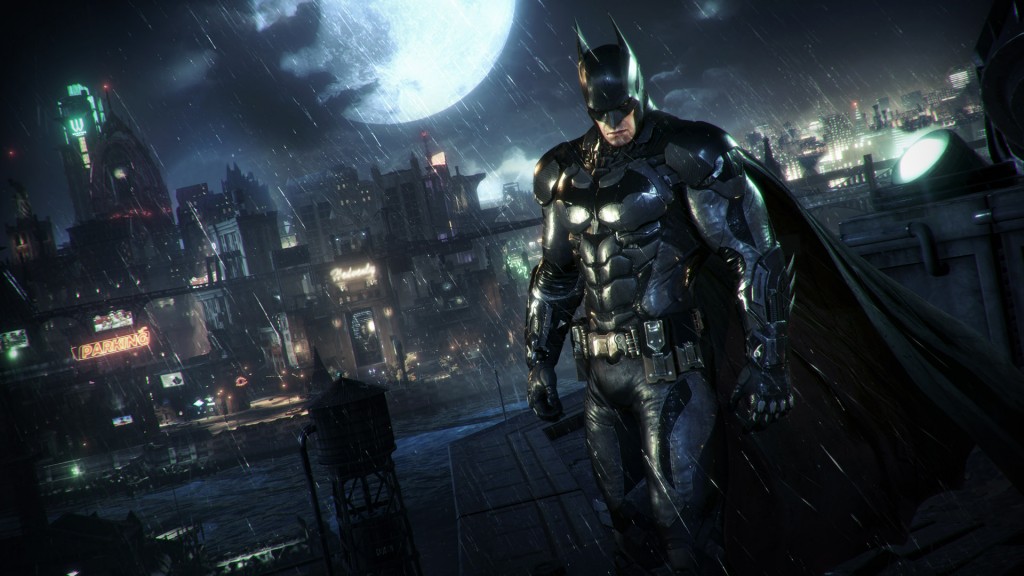 Batman Arkham Knight Guide: How To Find All Riddler Trophies On Founder Island
Batman Arkham Knight Guide: How To Find All Riddler Trophies On Founder Island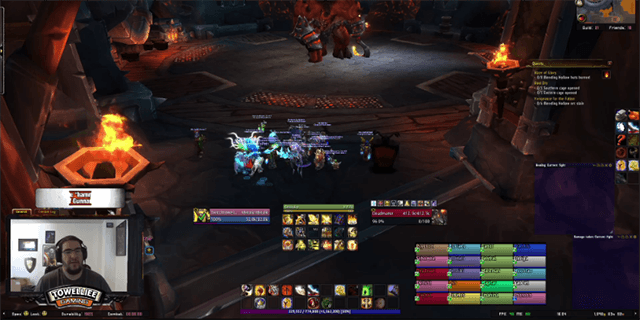 7 Twitch Streamers To Watch If eSports Aren't Your Thing
7 Twitch Streamers To Watch If eSports Aren't Your Thing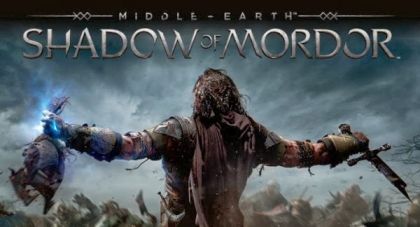 How to Upgrade Middle Earth Shadow of Mordor The Eye of Vengeance, There is no Escape, Shadow Under Siege and more Bows, Weapon Upgrade Guide
How to Upgrade Middle Earth Shadow of Mordor The Eye of Vengeance, There is no Escape, Shadow Under Siege and more Bows, Weapon Upgrade Guide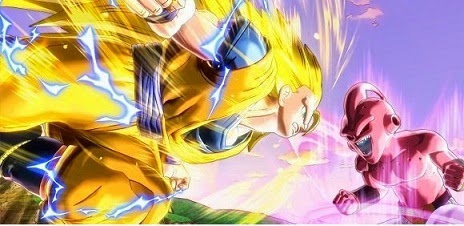 Dragon Ball Xenoverse unlockable characters / achievements
Dragon Ball Xenoverse unlockable characters / achievements